It is not nearly always that employees put their heart and soul into everything that they do. There are instances wherein they slack off and fail to do their…
continue reading20+ Sample Registered Nurse (RN) Letter of Recommendation
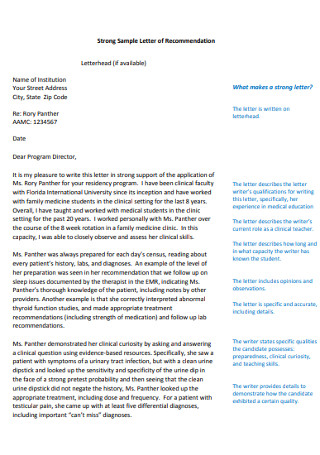
Sample Strong Nurse Letter of Recommendation
download now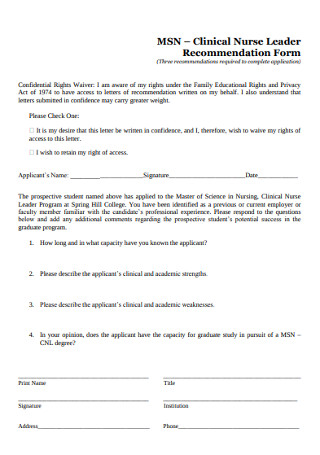
Clinical Nurse Leader Recommendation Form
download now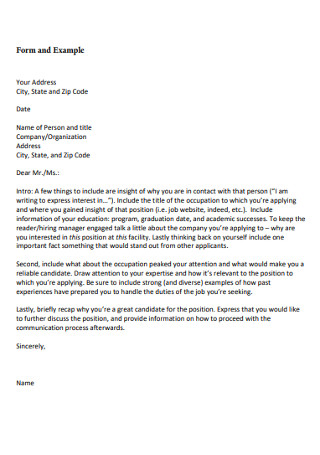
Basic Nurse Recommendation Letter
download now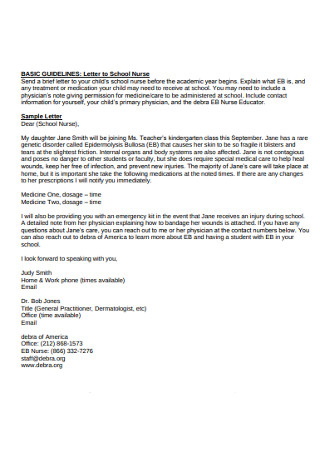
Standard Nurse Recommendation Letter
download now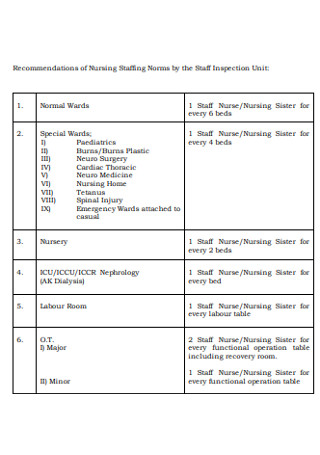
Staff Nursing Recommendation in PDF
download now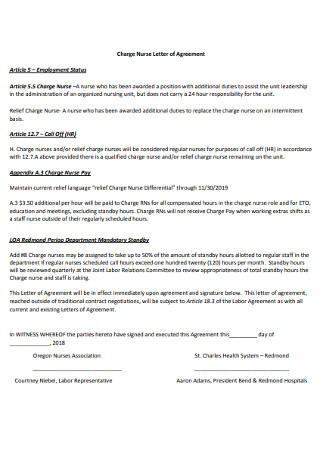
Formal Nurse Letter of Recommendation
download now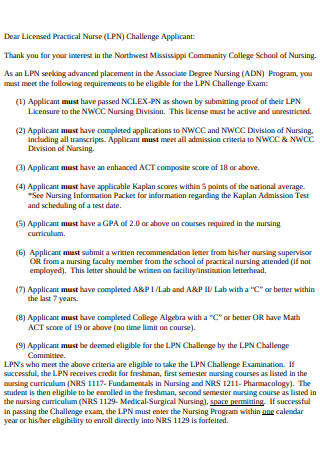
Licensed Nurse Letter of Recommendation
download now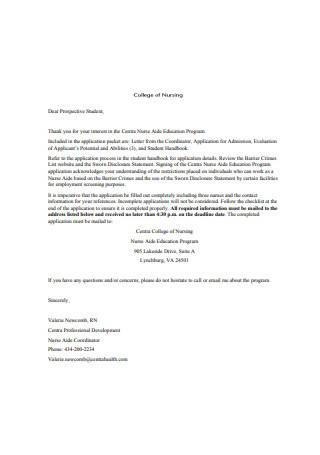
Nursing Student Letter of Recommendation
download now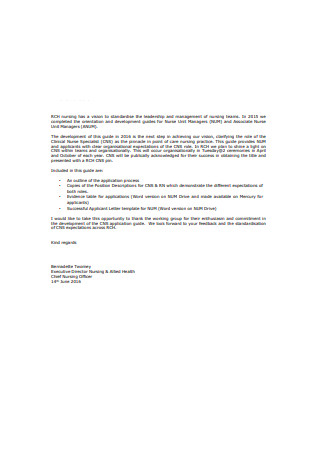
Registered Nurse Letter of Recommendation Sample
download now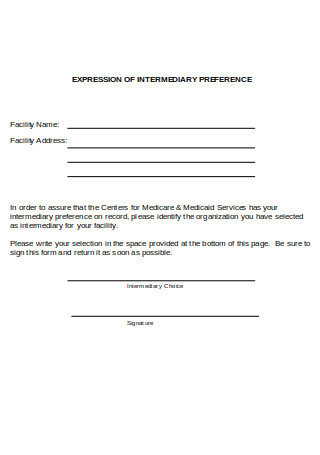
Nurse Recommendation Cover Letter
download now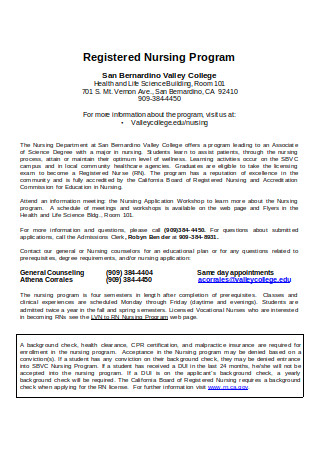
Letter of Recommendation from the Nursing Program
download now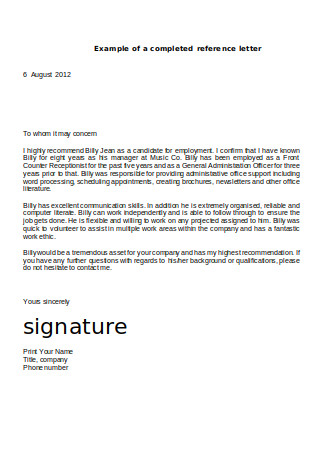
Completed Reference Letter
download now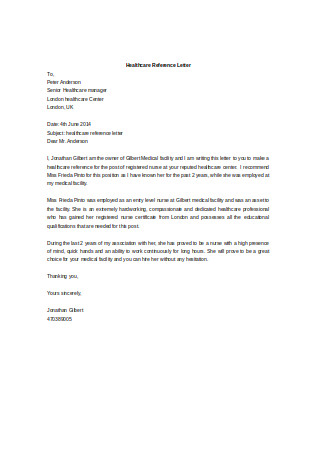
Healthcare Reference Letter to RN
download now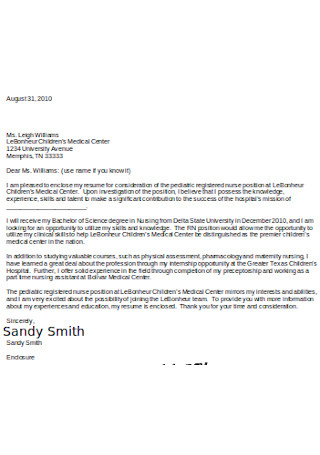
Nursing Resume References and Cover Letter
download now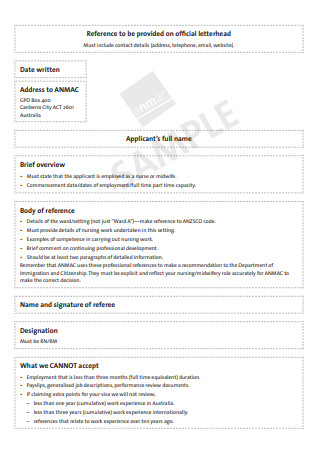
Professional Reference Sample
download now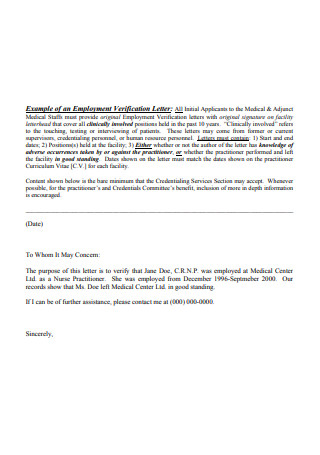
Employment Verification Letter
download now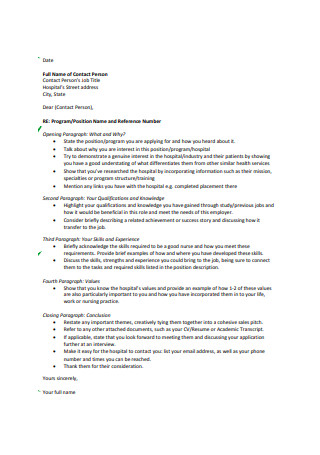
Nursing Graduate Cover Letter
download now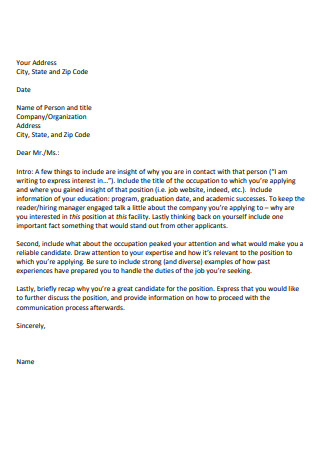
Nursing Cover Letter Sample
download now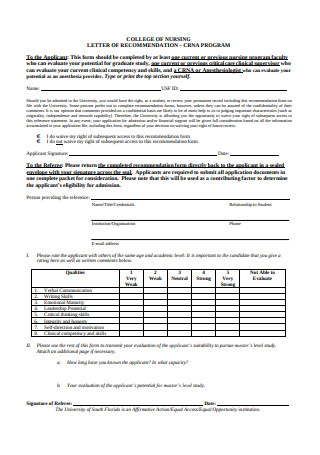
Letter of Recommendation Masters
download now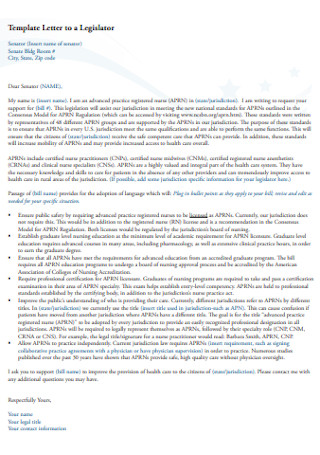
Formal Letter to Legislator
download now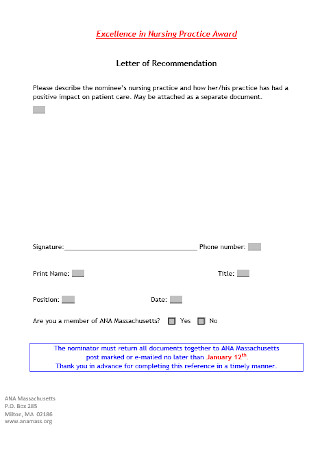
Nursing Practise Award Recommendation Letter
download now
What Is a Registered Nurse (RN) Letter of Recommendation?
When a registered nurse seeks employment with a hospital, a clinic, or any other medical facility would need a registered nurse letter of recommendation to strengthen his or her application. Apart from that, a registered nurse would also need such type of letter when seeking promotion with his or her current employer. This letter contains firsthand information regarding the applicant’s skills, qualifications, and experiences that are written by the employer or by someone with the credibility to do so.
A registered nurse recommendation letter is also considered a critical job leaving document that a registered nurse should secure before his or her resignation as this can help them in their next job application. With the help of such a letter, the registered nurse can increase his or her chances of future employment and even increase the chances of getting hired immediately.
Importance of a Registered Nurse (RN) Letter of Recommendation
When it comes to vacancies, the medical or healthcare industry has no problems with that. In fact, according to the Nurse Journal, the health care industry in 2013 so far has cut over 41,000 jobs, which is the third-highest, behind the finance and industrial sectors. Additionally, in the list of occupations by the Federal Bureau of Labor Statistics (BLS), nursing as the largest number of protected job openings with a demand that is expected to increase by 19%.

With such findings, one can say that getting hired for the nursing job position can be quite challenging for most registered nurses since they may face a significant number of competitors. If an applicant wants to increase his or her chances of getting hired to the nursing position he or she is applying for, he or she has to secure a letter of recommendation from someone with the capacity and the credibility to do so. And most importantly, a letter of recommendation letter plays a critical part of an applicant’s profile.
Job applications for nursing positions get more and more competitive every year, and with registered nurse (RN) recommendation letter, any applicant can go a long way up to his or her acceptance to the job. With a recommendation letter, the applicant’s distinct and relevant qualities and characteristics are highlighted?allowing the interview or the hiring manager to generate a strong sense of who the applicant is as an individual.
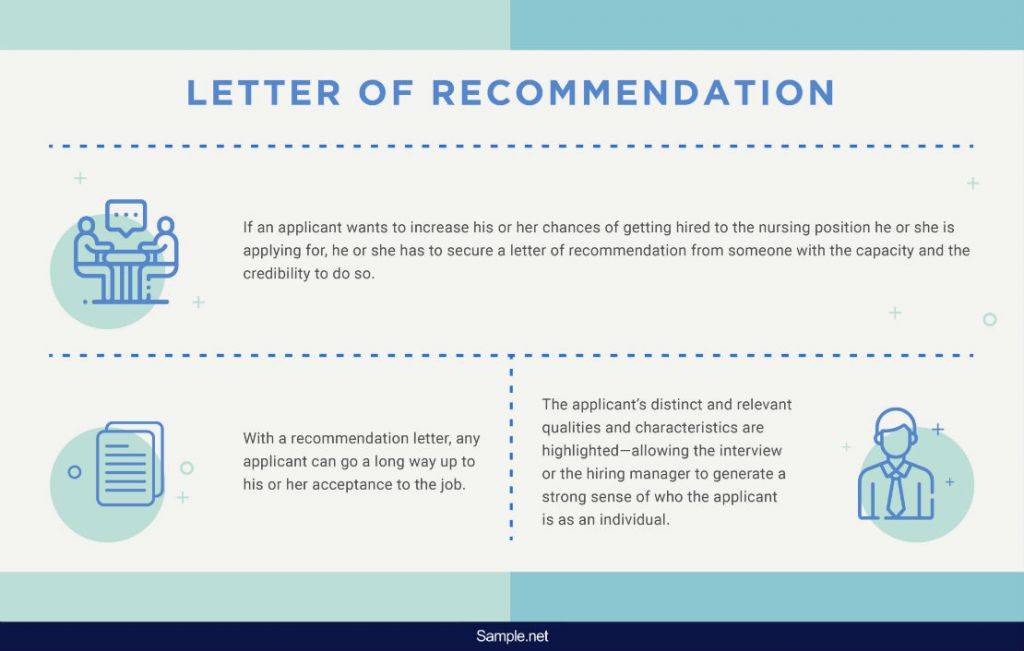
How to Write a Registered Nurse (RN) Letter of Recommendation
A registered nurse (RN) recommendation letter should only contain written content that discusses the applicant’s qualities and capabilities that is relevant and related to nursing. It is important to note that the information written in this letter is not as detailed as any other type of recommendation letter. With that, we provide you with guidelines on the step-by-step process of writing a recommendation letter that works well for the applicant’s advantage.
1. Download a Ready-made Template
If you are new to writing a recommendation letter, you might want to consider the use of a ready-made professional recommendation letter template that you can either use as-is or use as a formatting guide. Having a guide as you write an RN recommendation letter helps you to quickly identify the proper placement of the parts and its corresponding information of the recommendation letter. So, instead of wasting time wondering how to start writing, a template will help you save so much time.
2. Secure the Basic Heading Details
Like any other business letter, make sure that the RN recommendation letter consists of the necessary heading details such as the return address, the inside address, and the date. The date you write will be the date when you wrote the letter. For the return address, this should contain your details such as your address, contact numbers, and email address. For the inside address, this should include the full name of the person responsible for the application or to the human resources department of the medical facility if there is no name specified. By securing these details, you will know how to write the salutation.
3. Write the Introductory Paragraph
The body of your letter should contain at least three paragraphs. The first paragraph is the introductory paragraph where you should write the purpose of the letter. This part is also where you have to state your relationship with the applicant. It is also in this paragraph where you should highlight the characteristics or qualities of the applicant that helps in convincing the hiring manager to consider his or her application. Be sure to keep this part brief and reserve the other details for the next paragraphs.
4. Write the Supporting Paragraph
Since you already highlighted the applicant’s qualities and characteristics in the first paragraph, you should follow it with a second paragraph that supports the claims you made in the first paragraph. In doing so, you may cite real-life examples and instances of the applicant’s experience as a nurse from his or her previous employment. You should also add brief details about how you know the applicant personally to further strengthen your claims.
5. Write the Concluding Paragraph
It is in the conclusion of your recommendation letter where you should reiterate the qualifications of the registered nurse that makes him or her the perfect candidate for the position he or she is applying for. State this briefly and do not introduce any idea not discussed in the introductory and supporting paragraphs. End the entire body of the letter with the appropriate closing line with a signature line beneath it. Make sure to include a call to action that invites and assures the recipient to freely contact you in the event that he or she has further inquiries regarding the candidate.
6. Proofread and Check the Accuracy and Completeness
Before you print and send the letter to the human resources department of the medical facility, make sure you have thoroughly reviewed your final draft for any inconsistencies in its accuracy and completeness. Make sure you have not overlooked anything as this can potentially decrease the chances of the applicant getting hired. Make sure that the letter is already void of any grammatical errors and spelling mistakes. And make sure that its details such as the names, addresses, and contact details are accurate.
The Dos and Don’ts of a Registered Nurse (RN) Letter of Recommendation
It’s not all the time that someone would ask for you to write a registered nurse (RN) letter of recommendation. If you are searching for some guidelines that can help you compose an effective letter of recommendation, then look no further because we’ve got you covered with the following dos and don’ts for writing a recommendation letter for a registered nurse.
What to Do
1. Do admit if you’re a wrong choice for a character reference.
If you were asked by a registered nurse to write a letter of recommendation and you are fully aware that you are not exactly the perfect person to do so, then admit it rather than risking the applicant’s chances of getting hired. The most suitable individuals that are considered ideal for sending a letter of recommendation include professors, supervisors, administrators, head nurses, or doctors. In addition to that are those who have worked closely with the applicant from his or her previous employment or those who have a long relationship with the applicant. If you are fully aware that you do not fall under any of the aforementioned, then it is better to admit it as early as possible.
2. Do indicate your qualifications.
So, if you have ensured that the applicant did not make the mistake of getting you as his or her character reference, then the next thing you should make sure is to provide proof of your qualifications. You can do so by stating the years you have worked for the position you have now as well as the duration of how long you have known or have worked with the applicant. Writing down your qualifications enable you to prove your credibility as someone who was chosen to write a character reference.
3. Do discuss how well you know the applicant.
Stating the number of years you have known or have worked with the applicant is not enough?how would the interviewer or the HR manager know whether or not you are a colleague who had been asked to write a recommendation letter at the last minute? You have to discuss in detail how well you know the applicant to prove that you are indeed someone who can attest to the applicant’s skills, capabilities, and performance.
4. Do choose at least two or three qualities of the applicant.
It is important to keep the recommendation letter as brief and concise as possible without having to compromise its substantiality. With that, you can at least choose two to three qualities of the applicant that you want to highlight. Make sure that these qualities belong to the list of qualifications that the medical facility is looking for in an applicant or qualities that an effective and productive nurse should possess.
5. Do include supporting statements with examples.
Simply indicating the applicant’s is not enough?you still need to provide examples of how or when the applicant showed that he or she possesses those attributes. It is important to state such instances in concrete and detailed sentences as much as possible. If you can quantify the applicant’s capabilities, do so, and it can do great wonders to the registered nurse’s job application. Qualities with distinctive or individual strengths are one of the best ways to back up your judgment toward the applicant.
6. Do include non-clinical skills.
Sure, it is important to focus on writing about the clinical or the hard skills of the applicant, but one should know that there are employers who are also looking for someone who has quality soft skills, such as strong work ethic, good communication skills, time management, abilities, and problem-solving skills. Soft skills are equally important as the hard skills as these are the habits that shape who you are as an individual, and the traits affect the other people in the workplace.
7. Do keep it succinct.
Even if the guidelines above seems like it would lead to a lengthy letter, you must find a way to keep your sentences short and concise as much as possible. Do not exceed more than three qualities to explain and expound. As much as possible, be direct and use words that are powerful enough that it can sum up a phrase or even an entire sentence and convey the message effectively.
8. Do consider looking at sample recommendation letters.
As mentioned, you won’t be asked to write a recommendation letter at all times. So, if you still find writing recommendation letters a challenging task, do not hesitate to use recommendation letters as your reference. By making use of a sample recommendation letter, you will have a guide on how you can construct or compose the contents of the letter.
What Not to Do
1. Do not forget to include mild criticism.
Even if you are encouraged to highlight the applicant’s positive traits in the recommendation letter, you should also consider including mild criticisms. No one is perfect and every hiring manager is aware of that. To increase the credibility of the recommendation letter, you have to include some mild criticism toward the applicant, which is typically the flipside of the strengths that you previously mentioned.
2. Do not forget to provide redeeming traits that counter the criticisms.
However, don’t do it in a way that can negatively impact the registered nurse’s job application. Every time you mention a mild criticism, make sure you back it up with a redeeming factor. For example, if you state that the applicant can get persistent enough that it turns into stubbornness, make sure you followed it with details like “his or her level-headedness and sensibility would eventually prevail.
3. Do not forget to discuss the applicant’s potentials
Consider including the applicant’s potentials that can give the applicant an edge over other applicants. It’s often not enough to indicate the qualities that match what the medical facility is looking for?it is also good to note the possible things that the applicant has the potential to accomplish.
4. Do not generalize and include cliche characteristics.
If you genuinely support the applicant, then make sure you avoid generalizations and platitudes at all costs or at least find a way to make it outstanding from the sea of competitors he or she has to face. To increase the effectiveness of your recommendation letter, ensure only to include substantive information. Take some time to determine the typical things one would say in a recommendation letter so it will then be easier for you to avoid it in the future possibilities where you will write a recommendation letter for someone regardless of his or her profession.
5. Do not use overly used words and vague phrases.
If you find yourself writing overly used words such as meaningful, challenging, and beautiful in the recommendation letter, then maybe you need to step back a bit and replace these words with more relevant and functional words that are relevant to the registered nurse’s application. Additionally, avoid writing down irrelevant phrases that make you sound like you are unsure of what you are writing. You can start your sentences with phrases like “I am confident” or “I can assure you.”
6. Do not forget to proofread and edit your work.
Would you like it if you receive a letter or document that needs a lot of work when it comes to proofreading and editing? Of course, you wouldn’t. Even if you are the most qualified individual to give out a recommendation letter to a registered nurse, your credibility can still be questioned if you do not take some time to proofread and edit your final draft before you print and send it. You can either take a break from the paper so you can return to it with a fresher perspective or you can ask someone to run it through for you.
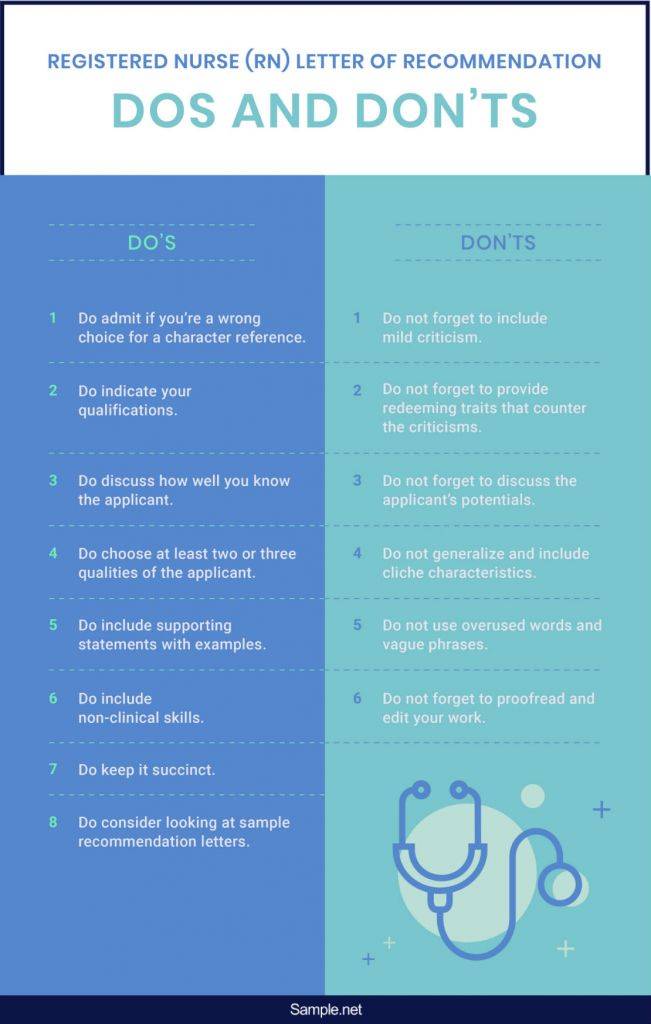
If you are looking for excellently written recommendation letter templates that can help you to immediately get started, check out the registered nurse (RN) letter of recommendation templates found on this page. Each of these templates contains customizable elements that are made to fit the needs of a registered nurse who asks a good word from you for his or her job application. Apart from that, we have also included recommendation letter examples that you can use as a guide.


